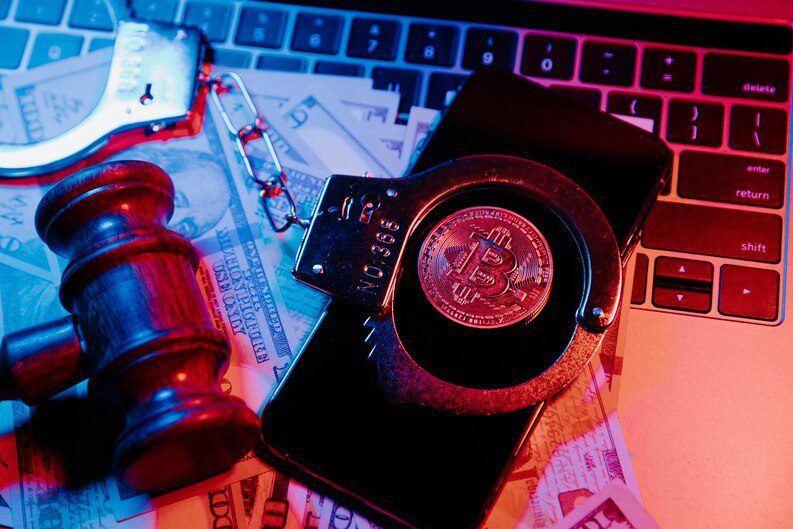Introduction: The Rise of Blockchain Technology
In the fast-paced world of technological advancements, blockchain technology is rapidly emerging as a game-changer in numerous sectors. From its inception as the backbone of cryptocurrencies like Bitcoin to its expansion into secure smart contracts and supply chain management, blockchain’s decentralized nature promises transparency, immutability, and security. But as with any revolutionary technology, it presents both new challenges and solutions in the realm of criminal law.
Understanding Blockchain’s Core
At its core, a blockchain is a digital ledger of transactions that is duplicated and distributed across an entire network of computer systems. Each block in the chain contains numerous transactions, and these blocks are linked and secured using cryptographic principles. The decentralized nature of the blockchain makes it resistant to modification, ensuring a high level of data integrity.
Blockchain’s Potential in Evidence Authentication
For criminal law, blockchain offers significant potential. Consider a scenario where digital evidence, once stored on a blockchain, can be presented in court with the assurance that it hasn’t been tampered with. This could streamline legal proceedings and eliminate prolonged debates over the authenticity of digital evidence.
The Dark Side of Blockchain in Crime
However, blockchain also introduces new avenues for illicit activities. Cryptocurrencies, the most notable application of blockchain, have been linked to various crimes, from money laundering to ransomware attacks. Dark web marketplaces accept crypto payments, making transactions difficult to trace due to the pseudo-anonymous nature of blockchain. Thus, legal professionals now face the arduous task of decrypting these digital transactions to unearth the real-world culprits behind them. It offers new tools for evidence verification while simultaneously presenting fresh challenges in the detection and prosecution of crimes. For anyone embroiled in such tech-centric disputes or allegations, seeking a lawyer well-versed in blockchain’s nuances is not just an advantage—it’s a necessity.
Challenges with Smart Contracts
As smart contracts (self-executing contracts with the agreement directly written into code) become more prevalent, disputes arising from their execution or misinterpretation are bound to increase. The decentralized and automatic nature of these contracts can lead to unintended consequences, necessitating a new framework of legal understanding.. Dark web marketplaces accept crypto payments, making transactions difficult to trace due to the pseudo-anonymous nature of blockchain. Thus, legal professionals now face the arduous task of decrypting these digital transactions to unearth the real-world culprits behind them.
The Need for Tech-Savvy Legal Professionals
Given these complexities, the need for a tech-savvy criminal lawyer, versed in the intricacies of blockchain technology, becomes paramount. Traditional methods of investigation may fall short when dealing with blockchain-based evidence or crimes. Lawyers who remain up-to-date with these technological shifts not only offer their clients the best defense but also navigate the evolving landscape of criminal law with expertise.
Conclusion: Embracing the Future of Law and Technology
In conclusion, as blockchain technology becomes further integrated into our daily lives, its impact on criminal law is undeniable. It offers new tools for evidence verification while simultaneously presenting fresh challenges in the detection and prosecution of crimes. For anyone embroiled in such tech-centric disputes or allegations, seeking a lawyer well-versed in blockchain’s nuances is not just an advantage—it’s a necessity.































